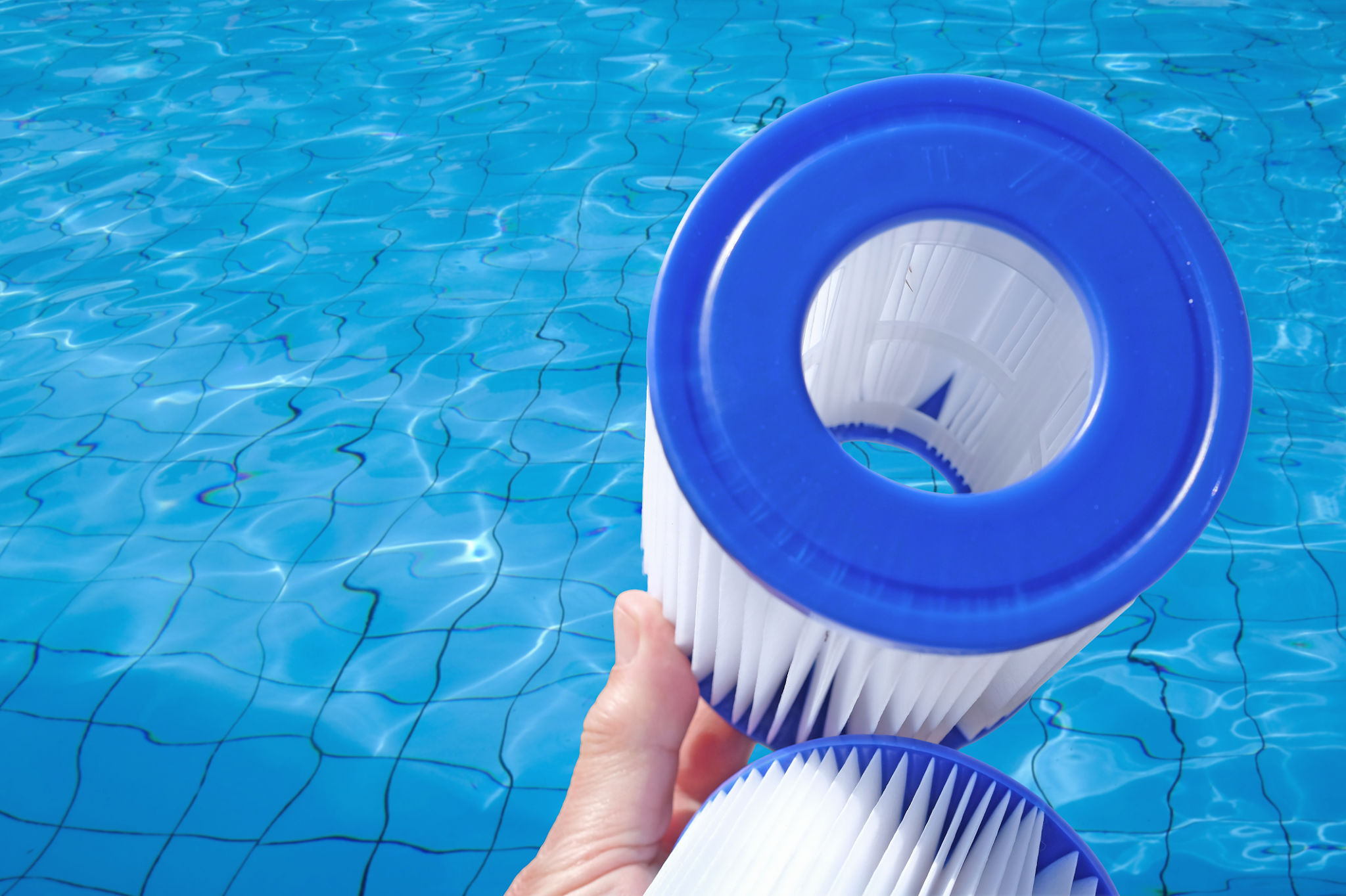Avoiding Common Pool Maintenance Mistakes in Florida’s Climate
Understanding Florida’s Unique Pool Challenges
Florida is renowned for its warm, sunny climate, making it an ideal location for enjoying a swimming pool year-round. However, maintaining a pool in this state requires special considerations due to its unique weather conditions. From intense UV rays to frequent rainstorms, these elements can affect the water chemistry and overall condition of your pool.

Proper Water Chemistry Management
One of the most common mistakes in pool maintenance is neglecting the water chemistry. The high temperatures in Florida can cause the pool's chlorine levels to evaporate quickly, leading to algae growth and other issues. Regularly testing and adjusting the pH, alkalinity, and chlorine levels is crucial. Consider using a pool cover to minimize evaporation and keep your pool cleaner for longer periods.
The Importance of Stabilizer
Stabilizer, or cyanuric acid, is essential in protecting chlorine from being broken down by the sun's UV rays. Without adequate stabilizer levels, you'll find yourself needing to add chlorine more frequently, which can become costly over time. Ensure your stabilizer levels are between 30-50 ppm for optimal protection.
Effective Filtration Systems
Another critical aspect of pool maintenance is ensuring your filtration system is operating efficiently. In Florida, where the wind and rain can introduce debris into your pool, it's important to regularly clean and backwash your filter. A clogged or dirty filter reduces circulation, which can lead to cloudy water and increase the risk of algae growth.

Choosing the Right Filter Type
There are three main types of pool filters: sand, cartridge, and diatomaceous earth (DE). Each has its advantages and disadvantages. Sand filters are low-maintenance but may not filter as finely as DE filters, while cartridge filters require less water for cleaning. Evaluate your pool's specific needs when selecting a filter to ensure you're getting the best performance.
Regular Pool Cleaning Routine
Regular cleaning goes hand-in-hand with good water chemistry. Leaves, bugs, and other debris can quickly accumulate in a pool, especially during Florida's rainy season. Skim the surface daily, vacuum the pool weekly, and brush the walls to prevent build-up of dirt and algae.
Keeping an Eye on Weather Patterns
Florida’s weather can be unpredictable, with sudden thunderstorms being a regular occurrence. After heavy rain, it's vital to check your pool’s chemical balance, as rainwater can dilute the chemicals and disrupt the balance. Keeping a close eye on weather forecasts can help you prepare and adjust your maintenance routine accordingly.

Avoiding Equipment Neglect
Pool equipment such as pumps, heaters, and chlorinators require regular maintenance to operate efficiently. Failing to inspect these components can lead to costly repairs or replacements. Establish a routine maintenance schedule to check for leaks, unusual noises, or performance issues.
Engaging Professional Services
While many pool owners prefer a DIY approach, hiring a professional service for periodic inspections can be beneficial. Professionals can spot potential problems early and offer expert advice on maintaining your pool in Florida's challenging climate.
Conclusion: Enjoy Your Pool Year-Round
A well-maintained pool is a source of enjoyment and relaxation. By avoiding these common maintenance mistakes and staying proactive with your pool care routine, you can ensure your Florida pool remains in top condition throughout the year. Remember that consistent care is key to a crystal-clear swimming environment.
